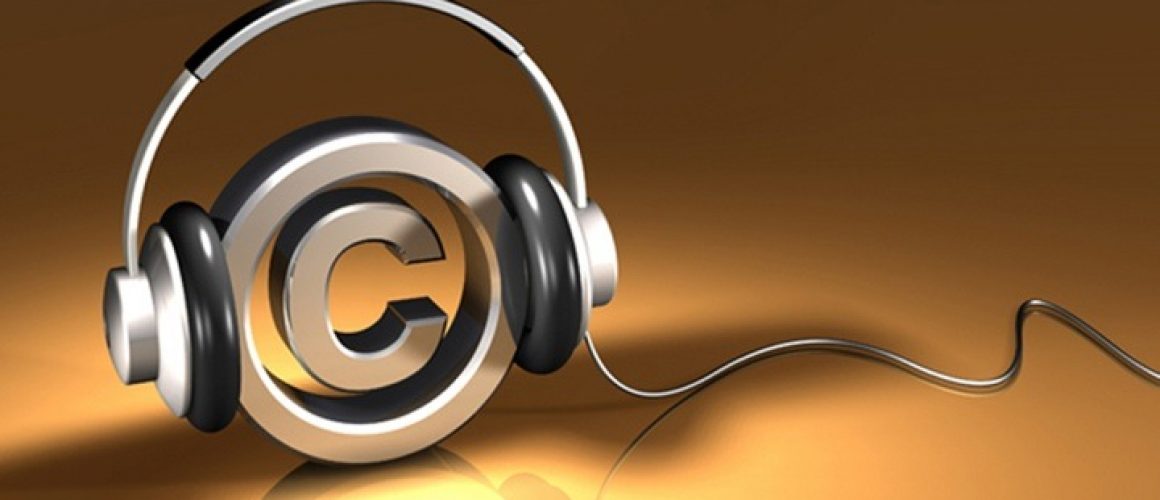Music Rights
There are several different rights when you create an original piece. The big ones are:
- The right to control publishing – that is, printed reproductions of your music. That’s called publishing rights
- The right to income from public performances of your work. That’s called performance rights.
- The right to income from YOUR recorded version of a piece. That’s called mechanical rights.
There are some other rights attached to works too… like synchronization rights (the right to allow or refuse your music to be included with images like movies or commercials), and the right to control the FIRST released recording – famously, Bob Dylan refused himself permission to release his new songs in a negotiation showdown with a label some years back.
These rights are usually split up and controlled by various entities. The publishing rights are usually held by a publishing company, the performance rights are usually handled by a performance rights organization, and the mechanical rights are usually controlled by the label.
When a cover band performs, there’s no infringement on publishing rights, because it’s not being published, and unless the performance is being recorded for release, there’s no mechanical rights involved. That leaves performance rights.
The three big performance rights organizations are BMI, ASCAP, and SESAC. They each license venues and promoters to publicly perform anything in their catalog. “Perform” is a big tent – if a bar buys a jukebox, they’re supposed to license the music that’s in it. If a radio station plays music, they need a license. So do websites with music and symphony orchestras – unless they only perform public domain stuff.
When a cover band plays in a bar, the bar owner is supposed to have a current license for the music, and the performing rights organizations send folks out to listen to music in bars and other venues to see if any of their catalog is being played. If it is, and the bar hasn’t licensed it, they’ll threaten legal action. (About 30 years ago I was playing in a cover band and a BMI rep came into the bar – the show was halted while the owner worked out a licensing deal!)
The license fee depends on the size of the venue, and how often they have music – it runs from a few hundred to a few thousand dollars a year, typically. Some venue owners skirt this by requiring bands play only original music. If push came to shove, I suppose a band might be held accountable, but in practical terms…. well, if a bar pays $2K per year to license music on weekends, the band’s pro-rated slice is pretty small. Plus, bars have better cash flow than your average band – so they’re a much better target if it comes to litigation. (It almost always doesn’t – the performing rights organizations really bank on persuasion as a strategy, unlike the trade groups for publishing (the MPA) and mechanicals (the RIAA).
